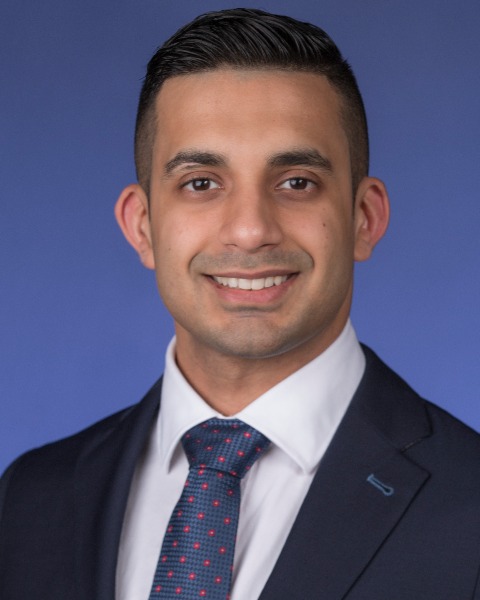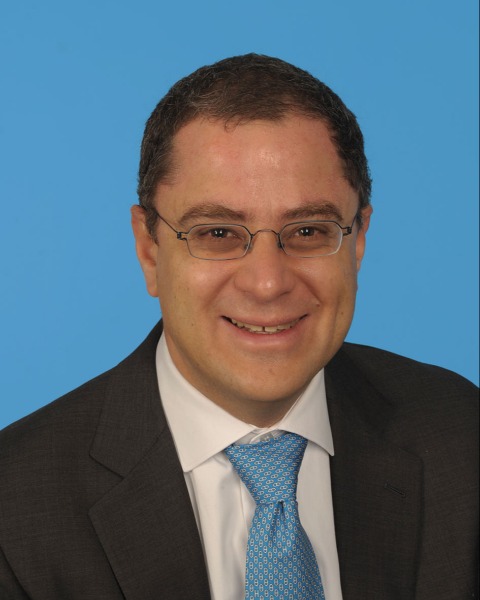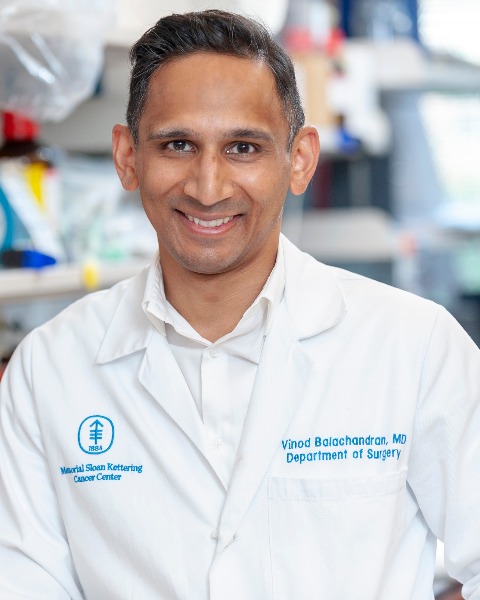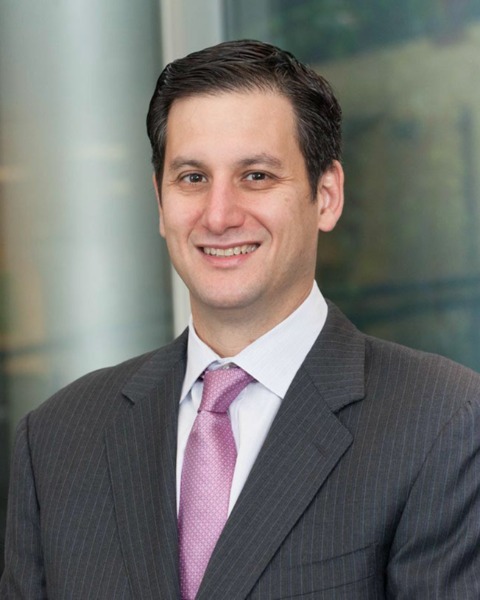Hepato-pancreato-biliary
E197: Intrahepatic Cholangiocarcinoma: Recurrence Patterns, Genomics and Survival

Pratik Chandra, MD
Clinical Research Fellow
Memorial Sloan Kettering Cancer Center, United States
Pratik Chandra, MD
Clinical Research Fellow
Memorial Sloan Kettering Cancer Center, United States
Pratik Chandra, MD
Clinical Research Fellow
Memorial Sloan Kettering Cancer Center, United States
Yi Song, MD (she/her/hers)
Clinical Research Fellow
Memorial Sloan Kettering Cancer Center
Brooklyn, New York, United States- ED
Esther Drill, DrPH
Principal Biostatistician
Memorial Sloan Kettering Cancer Center, United States 
Alice C. Wei, MD, MS, FRCSC (she/her/hers)
Attending Surgeon
Memorial Sloan Kettering Cancer Center
New York, New York, United States- NK
Nancy E. Kemeny, MD
Attending
Memorial Sloan Kettering Cancer Center, United States - AC
Andrea Cercek, MD
Associate Attending
Memorial Sloan Kettering Cancer Center, United States - LC
Louise Connell, MD
Attending
Memorial Sloan Kettering Cancer Center, United States - JH
James J. J. Harding, MD
Assistant Attending
Memorial Sloan Kettering Cancer Center, United States 
Ghassan K. Abou-Alfa, MD, MBA
Attending
Memorial Sloan Kettering Cancer Center
New York, New York, United States- WP
Wungki Park, MD
Attending
Memorial Sloan Kettering Cancer Center, United States - TK
T. Peter Kingham, MD
Attending Surgeon
Memorial Sloan Kettering Cancer Center, United States - KS
Kevin C. C. Soares, MD
Assistant Attending Surgeon
Memorial Sloan Kettering Cancer Center, United States 
Vinod P. Balachandran, MD
Assistant Attending Surgeon
Memorial Sloan Kettering Cancer Center, United States- JD
Jeffrey A. Drebin, MD, PhD
Chair of Surgery
Memorial Sloan Kettering Cancer Center, United States 
Michael I. I. D'Angelica, MD
Attending Surgeon
Memorial Sloan Kettering Cancer Center
New York, New York, United States- EO
Eileen M. O'Reilly, MD
Chair of Medical Oncology
Memorial Sloan Kettering Cancer Center, United States - BK
Bas Groot Koerkamp, MD
Attending Surgeon
Erasmus University, United States - WJ
William R. R. Jarnagin, MD
Chief of Hepatopancreatobiliary Surgery
Memorial Sloan Kettering Cancer Center, United States
ePoster Abstract Author(s)
Submitter(s)
Author(s)
The impact of first recurrence site on outcome after resection of intrahepatic cholangiocarcinoma (IHC) is ill-defined. This study investigated the clinicopathologic and genomic factors associated with site of first recurrence and the impact on outcome after complete resection.
Methods:
Patients who underwent resection for IHC at two medical centers (MSKCC and EMC) with complete follow up and tumor genomic data were included. Sites of first recurrence were classified as liver only (LO), extrahepatic (EH) only or simultaneous liver and extrahepatic (SIM). Time to recurrence (TTR) and recurrence-free (RFS) were calculated from time of resection while OS was calculated from time of recurrence. Clinical, histopathologic and genomic factors associated with site(s) of recurrence, RFS and OS were assessed.
Results:
318 patients (n=296 MSK, n=22 EMC) treated between 1993 and 2021 met inclusion criteria; 232 (73%) recurred. Median TTR was 11 (9.8, 12) months; OS and RFS was 26 (20, 33) and 14 (13, 18) months, respectively, among those that recurred. Sites of first recurrence were LO 93 (40%), EH 80 (34%) and SIM 59 (26%). Median OS was similar in the LO (33 [26,42] months) and EH groups (33 [23,46] months) but lower in SIM (12 [9.8,18] months) (p < 0.001). Moderate/poor tumor differentiation (p = 0.004), LVI (p = 0.004), N1 disease (p = 0.003), and PNI (p = 0.012) were associated with SIM; only positive resection margin predicted LO (p = 0.007). No individual genomic or pathway alterations predicted site of initial recurrence; however, for all patients, TP53mut (HR 2.01, 1.4-2.9; p < 0.001), CDKN2Adel (HR 1.96, 1.29-2.98; p = 0.003), CDKN2Bdel (HR 3.2, 2.03-5.05; p < 0.001) and KRASmut (HR 2.49, 1.56-3.96; p < 0.001) were associated with worse OS. On multivariable analysis, SIM (HR 2.23, 1.49-3.34; p < 0.001), clinical stage III (HR 1.94, 1.26-2.99; p = 0.011), and alterations in TP53 (HR 2.07, 1.4-3.07; p < 0.001), CDKN2B (HR 4.1, 2.53-6.63; p < 0.001) and KRAS (HR 2.72, 1.68-4.43; p < 0.001) were independent predictors of worse OS. Of note, 13 LO patients were treated with regional chemotherapy after recurrence, with an associated median OS of 49 (33, NR) months compared to 28 (17, 39) months in the 74 patients treated with systemic therapy alone.
Conclusions:
Recurrence after resection of IHC was common, and the liver was the most common site (66%). Clinicopathologic and genomic factors had limited ability to predict site of first recurrence. While LO and EH were associated with similar OS, simultaneous recurrences were dramatically worse. The data support adjuvant strategies targeting liver recurrence to improve outcome after resection of IHC.
Learning Objectives:
- Upon completion, participants will be able to understand recurrence patterns following resection of intrahepatic cholangiocarcinoma
- Upon completion, participants will be able to understand how recurrence patterns following resection of intrahepatic cholangiocarcinoma affect survival
- Upon completion, participants will be able to understand the underlying genomic and clinicopathologic factors associated with recurrence patterns and survival after resection of intrahepatic cholangiocarcinoma
